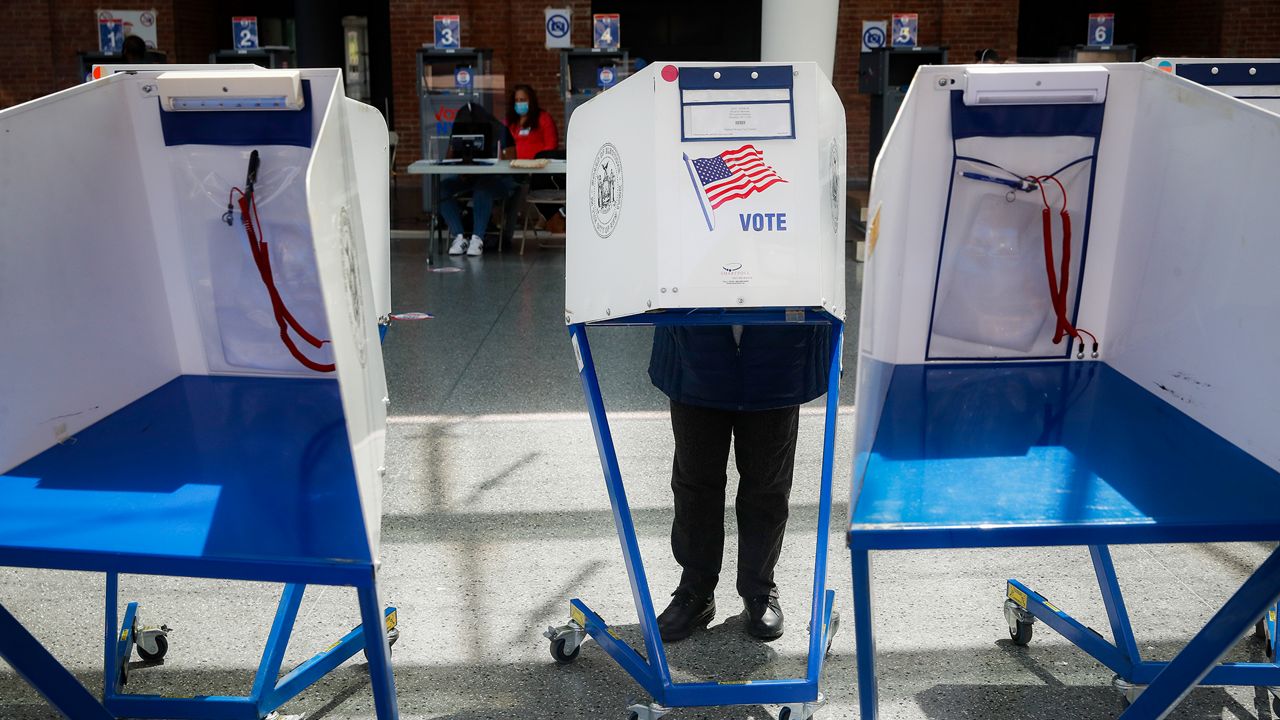With less than three weeks to Election Day, poll watching has found its way into the electorate’s lexicon in recent years. As a result, many are learning about poll watchers for the first time. So here’s a primer to make things clearer.
Who are poll watchers and what do they do?
Typically, they’re polling location and elections office monitors who watch voting and vote counting, keeping a look out for anything irregular. They are, according to the New York attorney general’s office, “designated by candidates, political parties, or independent organizations which have candidates on the ballot and/or political committees” and report any issues to election boards, officials, and/or police officers.
What are poll watchers permitted and not permitted to do?
They can: watch voting and challenge a vote at the polls. The challenge can be based on:
- Authenticity of signature
- Electioneering, or working on behalf of a candidate or party in an election (which is not allowed either in the polling place or within 100 feet of its entrance, per state law)
- Qualifications to vote
- Residence
- Suspicion of multiple votes
They can not: electioneer, have a political discussion with a voter, or otherwise interfere with your right to vote through, for example, intimidation.
What if a poll watcher challenges my vote?
You can dispute the challenge. An inspector will administer what’s called a “preliminary oath” that you swear to be truthful about your voting status, and question you on your status. You can then, after answering those questions, take one of the following oaths to remedy the challenge:
- Bribery oath, stating you haven’t been paid or otherwise compensated in exchange for a vote or lack of vote
- Conviction oath, stating you haven’t been convicted of a felony or, if you have, that you’ve successfully gone through the process to have your New York voting rights restored
- Incompetency oath, stating that you are actually competent
- Qualification oath, stating that you’re a U.S. citizen, a New York citizen and you meet all the residency requirements to vote in New York; also, that you haven’t already voted in the current election
The election inspector may try to rectify the situation by having you vote through affidavit ballot. If this happens, the state says you should insist on being administered one of the oaths above. That will ensure your vote is counted by the end of the day, the AG’s office says, rather than through the affidavit process.
What kinds of voter intimidation are there?
Intimidation could mean anything from people trying to scare you out of the voting line; poll watchers following you as you vote, and taking photos and/or videos of you; poll watchers challenging large groups of voters; lying about negative consequences to voting; or standing outside polling places with weapons and/or military uniforms.
What if I run into voter intimidation?
Immediately call the state attorney general’s hotline at 1-800-771-7755.



